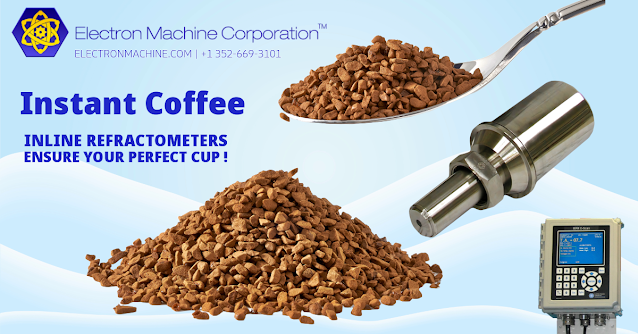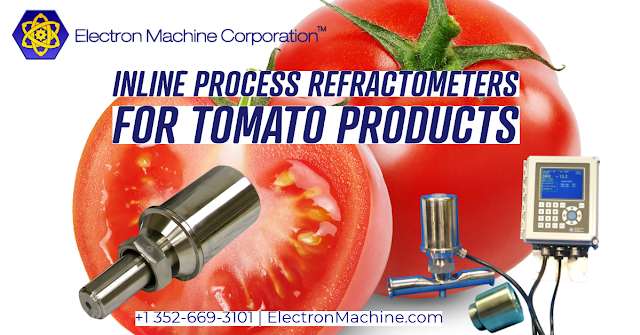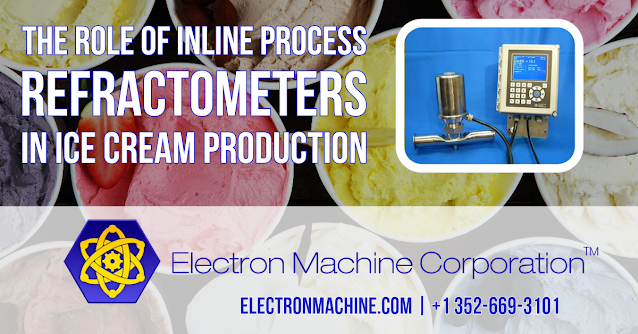Carl A. Vossberg Jr., an American electrical engineer, inventor, and entrepreneur, significantly contributed to refractometry by developing inline process refractometers. Vossberg held over 30 technical patents on refractometry, measurement, and control. His innovations have profoundly impacted various industries, including pulp and paper, food, and chemical processing.
Vossberg founded Electron-Machine Corporation in 1946, initially focusing on electronic gaging and indicating equipment. The company's early focus on custom engineering solutions gradually shifted towards developing and refining inline process refractometers. These devices continuously measure the refractive index of fluids flowing through pipes or tanks, providing critical data for real-time process control. This technology became essential for maintaining consistent product quality and optimizing production processes across multiple industries.
The inline process refractometers introduced by Vossberg have found practical applications in industries where precise concentration measurements are crucial. For instance, in the pulp and paper industry, these refractometers aid in the energy recovery from black liquor by accurately measuring solids. In the food industry, they are used to measure dissolved solids like sugar, denoted in degrees Brix, ensuring the consistency and quality of products. Similarly, in the pharmaceutical sector, these instruments are critical in monitoring and controlling concentration levels during crystallization processes, a key step in manufacturing various medications. These practical applications underscore the significant impact of Vossberg's innovations on these industries.
The introduction and refinement of inline process refractometers by Carl Vossberg Jr. and his company have not only enhanced industrial process control but also contributed to cost savings and improved efficiency. These technologies have significantly reduced the variation in product concentration and increased the reliability of measurements in challenging industrial environments, providing reassurance about the robustness of these innovations.
https://electronmachine.com
+1 352-669-3101






